This article is about made-up authors and false citations, cobbled up „scholarly“ works and thousands of publications from a publishing house that charges about 50 Euros for its hardcover books under the pretence of editorial competence.
They would seem to be the latest studies on Carolingian history, published in autumn 2024:
Luitpold Frenzel: Ludwig der Deutsche und die Geburtsstunde eines Reiches. Die politischen, kulturellen und militärischen Grundlagen des Ostfränkischen Reiches
Wilhelm G. Walther: Intrigen, Königswahl und Herrschaft: Die Machtkämpfe des Ostfränkischen Reiches. Von Ludwig dem Deutschen bis zur Konsolidierung der Macht
At first glance, the titles appear quite bonafide, but strangely, there is no biographical information to be found about the authors in the Deutsche Nationalbibliothek or in the online publication announcements. Fictitious authors – is that likely? The truth is even more improbable. The book on Louis the German, prized in online bookshops as „an indispensable lecture for anyone wishing to learn more about the roots of medieval Europe and the origins of the Holy Roman Empire“, turns out to be a crude and illogical jumble of text blocks, some of which are factually false, written in a jargon that no medieval scholar would consider appropriate for the 9th century, and referring to imaginary persons with no historical basis, such as a supposed daughter of Louis the German named Hilda. The literature references contain works by made-up authors, fictitious publications foisted upon real but no longer living medieval scholars, and completely invented titles. A random sample of cited articles found no correlation in the journal which supposedly published them: they simply don’t exist.
Mistrustful now, we critically examined other publications of the apparently serious publishing house. It turns out that „Luitpold Frenzel“ and „Wilhelm G. Walther“ cite each other reciprocally, reproducing their respective online publication announcements verbatim. Also, numerous other publications of the same house busily cite „Frenzel“ and „Walther“, absurdly even ones that, according to the online bookshop, were supposedly published before the books that they refer to.
„This work combines suspenseful historical narrative with profound analysis, deeply immersing the reader in the Carolingian Age“ ("Dieses Werk verbindet spannende historische Erzählungen mit fundierten Analysen, die den Leser tief in die Zeit der Karolinger eintauchen lassen“): After reading „Frenzel’s“ study on Louis the German, we can only disagree with this promising online book description and draw the conclusion: AI and medieval studies simply don’t go together. The results are fit for the dustbin!
A list of some of the publications citing „Frenzel“ and „Walther“


